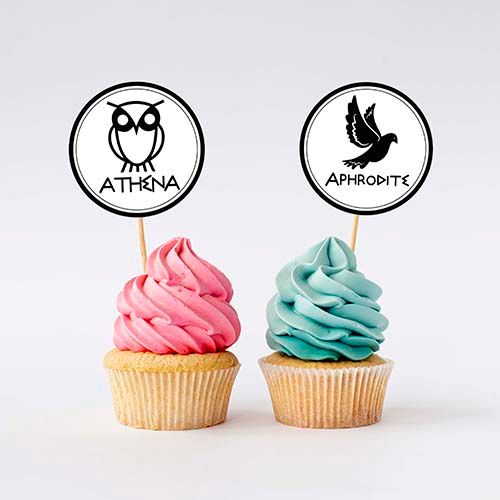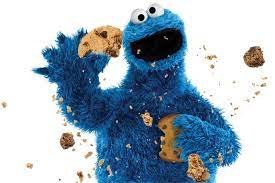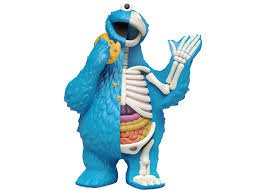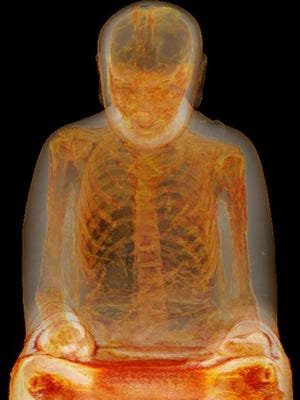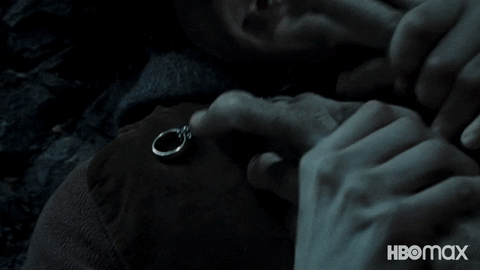- MBTI
- INFJ
- Enneagram
- 5w4
Quite. You also don’t have to recognize or honor boundaries, or even think about consent if everyone is below your imagined and desired destiny.
Possibly. It can be the opposite, too. Everyone has their own set of unspoken "laws" they expect others to follow despite never communicating expectations because the world revolves are "me" in much the same way the sun revolves around Earth.
I just thought about happiness. Does a given person define that for themself, or do they make a culturally-validated standard of the good life their North Star?
Yes.
Happiness is a philosophical idea.
None of these - they all let us down, in the end, on their own.
Peace is where my compass points. To have peace is god-like, but I've done no more than glimpse it .... yet there it is, always, deep down. It's just that all the noise drowns it out.
As I understand it, the challenge is to find where you get snagged in life and once you figure that out and fix it, you will find peace and/or happiness. It's a question a professor asks graduate students so they grow to understand how their paths are flawed. I'm not surprised your answer is peace. <3

